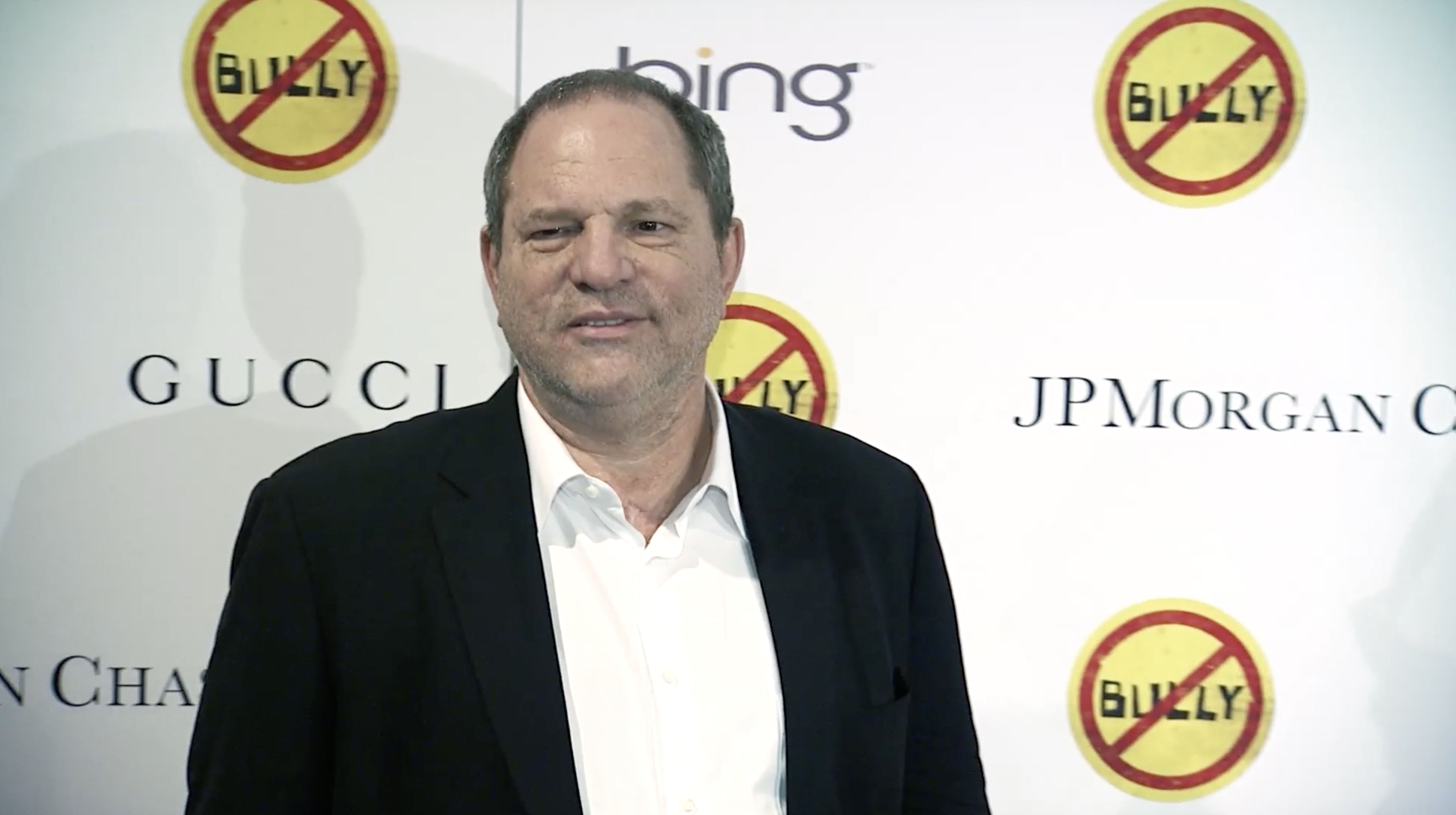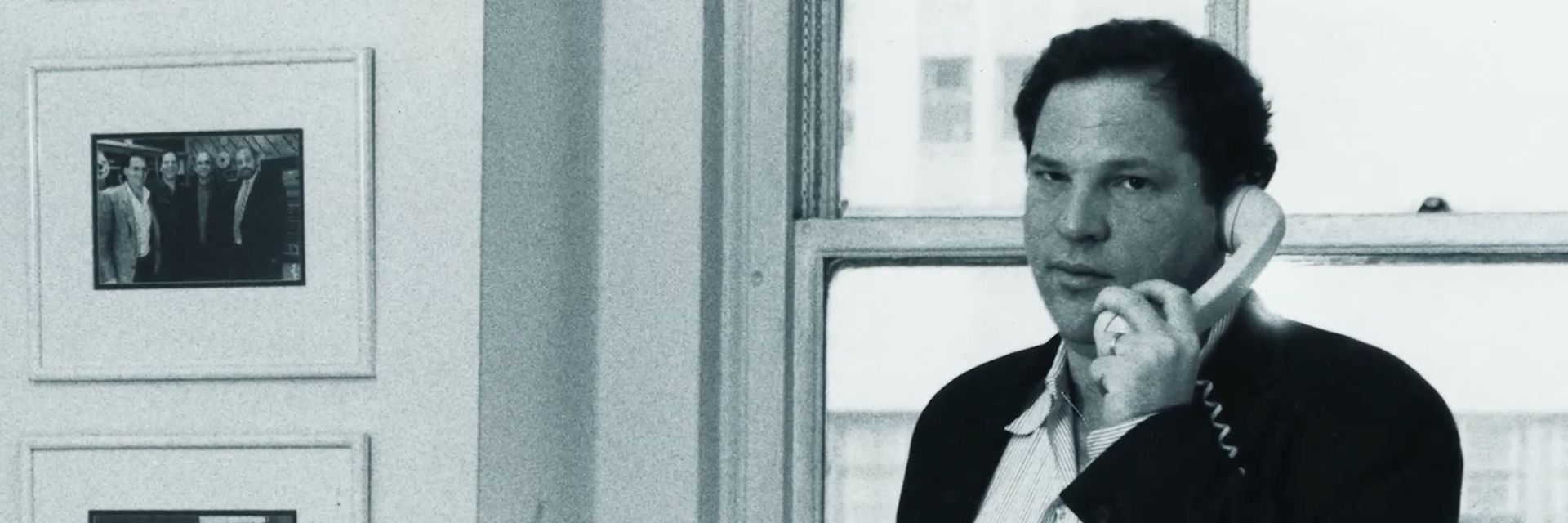Producer Harvey Weinstein once ruled Hollywood. His fall helped spark the Me Too movement.
◊
“Boys will be boys.” “What was she wearing?” “Why was she alone with him in the first place?” These are expressions I heard from the time I was a child. They were just…out there, known and often accepted as truisms. Like most kids, I learned and internalized them. At the time, they seemed to me not simply part of my culture, but part of the fabric of the universe itself. Often puzzled or indignant, I nevertheless don’t remember ever entertaining the thought that things would be different.
Speaking of entertainment…
Another common phrase was “casting couch.” Growing up in an entertainment industry family, I hardly thought of its ugly meaning – it was considered a trifle, really, just a shrugged-off part of how things go. But to be clear, how things go hasn’t gone well for millions of girls and women, generation after generation, for millennia. The response to complaints has always been some version of “Quit your bitching.”
As if what men do is the normative default. As if how a woman dresses or where she goes is an invitation or incitement to something sexual, thereby implicitly but significantly shifting the responsibility for what happens next from the perpetrator to the victim. As if girls and women are responsible for another person’s behavior.
An interesting confluence of events led to a moment, short-lived as it was, in which sexual harassment, abuse, and assault would no longer be tolerated. One of those events was the revelation that film producer Harvey Weinstein was a sexual predator. Formerly just rumors and chalked up as a price of doing business in the entertainment industry, Weinstein’s behavior was the subject of a 2017 New York Times article that appeared to change everything.
Harvey Weinstein and 'Time’s Up'
MagellanTV’s documentary The Harvey Weinstein Scandal (to be released on May 15) tells the story of the period of time in which women began going on record about the decades-long open secret that Weinstein was a sexual predator. By many accounts, he was generally a degrading bully, but his power convinced young actors and others that Weinstein’s attentions could make or break an entire career. After all, Weinstein’s films andtheir stars won Academy Awards.
The Weinstein brand became associated with “the best filmmaking of our time,” according to entertainment journalist, Marc Malkin. He was also known as “a ruthless businessman,” a man few people liked and most feared, according to entertainment producer Angelique Jackson.
In Scandal, we learn about the way in which Weinstein’s abuse of power was, in fact, a web of behaviors aimed at domination. For example, Weinstein’s approach to promoting films produced by his and his brother’s companies included leveraging influence in the entertainment media and badmouthing rival films during awards season.

 (Source: The Harvey Weinstein Scandal)
(Source: The Harvey Weinstein Scandal)
This was the context in which a staggering number of women were subjected to Weinstein’s unacceptable behavior. We learn of repeated instances in which Weinstein effectively gaslit women who believed they were meeting to discuss film projects. He would, in effect, say ‘I’m not taking off my bathrobe,’ as he took off his bathrobe and then asked his guest to give him a massage. Or he would simply ignore his intended victims’ pleas for him to stop, as if they had said nothing at all.
The worst part of the gaslighting was the resulting shame some of the women felt, but which should have been felt by Weinstein himself. Given his resources, along with common attitudes about sex and a woman’s believability, it’s not surprising that the emotional burden was foisted upon the abused women.
Good Riddance to the 'Casting Couch'?
What the documentary makes clear is that the entertainment industry’s “casting couch” is simply an instance of a historically invidious problem across industries where men hold power and women do not. Fundamentally, the Harvey Weinstein scandal is an issue of abuse of power – in this case, through criminal sexual predation. Why did it take so long to shine a spotlight on such unacceptable behavior?
The Harvey Weinstein story is not an anomaly. It is not novel. Worst of all, it is not the last of its kind. Until we recognize each other’s full humanity, the Harvey Weinsteins of the world — and even more morally repugnant individuals — will roam freely.
Ω
Mia Wood is a philosophy professor at Pierce College in Woodland Hills, California. She is also a MagellanTV staff writer interested in the intersection of philosophy and everything else. Among her relevant publications are essays in Mr. Robot and Philosophy: Beyond Good and Evil Corp (Open Court, 2017), Westworld and Philosophy: Mind Equals Blown (Open Court, 2018), Dave Chappelle and Philosophy: When Keeping it Wrong Gets Real (Open Court, 2021), and Indiana Jones and Philosophy: Why Did It Have to be Socrates? (Wiley-Blackwell, 2023).
Title Image source: The Harvey Weinstein Scandal

